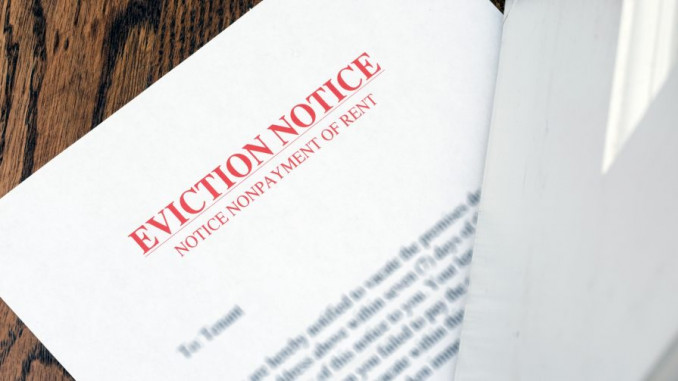
Rising rents, high inflation, and the end of COVID-related eviction moratoriums and rental assistance programs are combining to create an eviction crisis in the U.S. According to the U.S. Census Bureau, households representing 8.5 million people were behind on their rent, and nearly 4 million are likely to be evicted in the next two months.
Average rent has increased by 25% from pre-pandemic times, and 15% within the past 12 months. Renters typically have a lower income, with an annual median of $42,500, compared to a national median of $67,500, which makes higher rents an even greater threat to their housing and financial security. Most renters have been relying on borrowing money, depleting their savings, or selling personal property in order to pay their rents.
The government’s solution to inflation, the raising of interest rates, also means that people have to pay more interest on their mortgages, another obstacle preventing them from owning a home, rather than renting. This leads to more people having to rent, which further raises rent rates.
The rising rent is also disproportionately affecting minorities, especially Black people. 58% of Black households are renters, compared to 52% of Latino, 40% of Asian, and 25% of non-Hispanic white households.
Housing is a basic human need. No one should be subject to eviction, homelessness, and financial ruin because of the greed of landlords and the government’s support of that greed.




